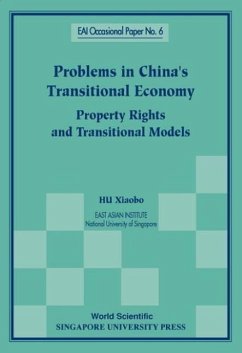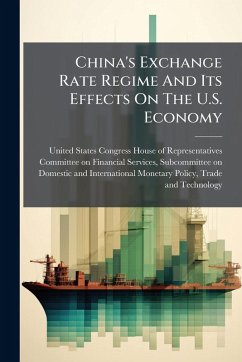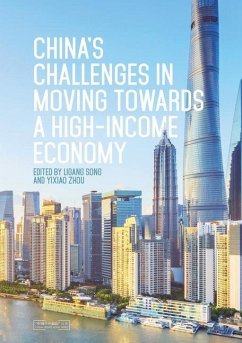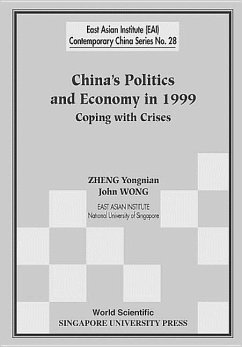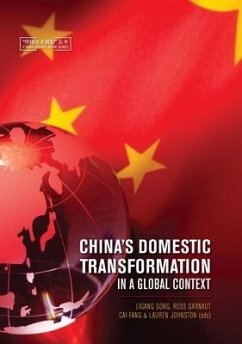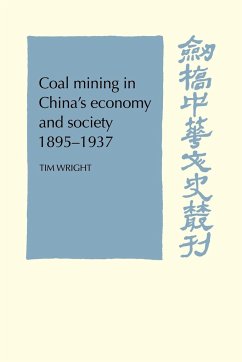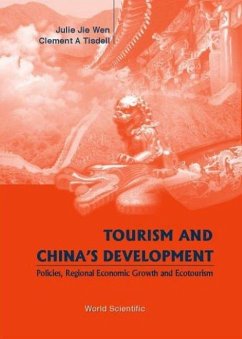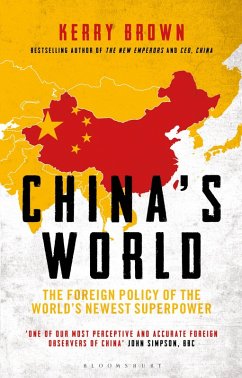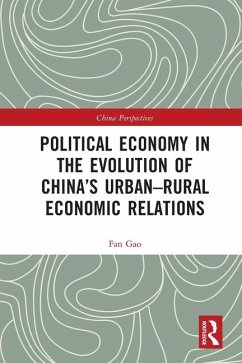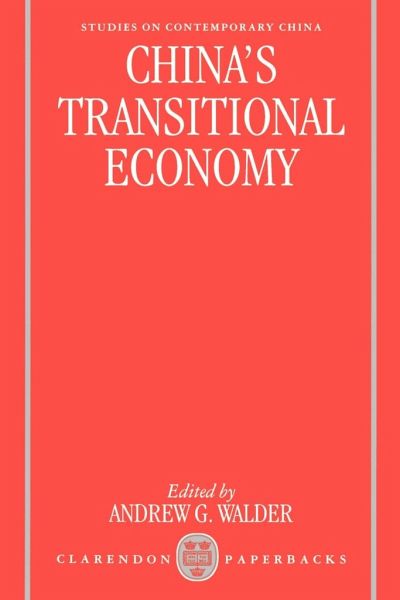
China's Transitional Economy
Versandkostenfrei!
Versandfertig in 1-2 Wochen
52,99 €
inkl. MwSt.

PAYBACK Punkte
26 °P sammeln!
China's post-Mao economic reforms have generated and sustained economic growth, unprecedented rises in real income and living standards, and have transformed a long-time insular economy into a major trading nation. China now figures prominently in international policy debates about what is to be done to transform the stagnating economies of Eastern Europe. As a gradual rather than an abrupt transition to the market, with public industry protected rather than subject to privatization, China's reform path has confounded the widespread and deeply held belief that gradual reform and public ownersh...
China's post-Mao economic reforms have generated and sustained economic growth, unprecedented rises in real income and living standards, and have transformed a long-time insular economy into a major trading nation. China now figures prominently in international policy debates about what is to be done to transform the stagnating economies of Eastern Europe. As a gradual rather than an abrupt transition to the market, with public industry protected rather than subject to privatization, China's reform path has confounded the widespread and deeply held belief that gradual reform and public ownership simply cannot work. The contributions to this volume draw out the policy and theoretical implications of China's transitional economy. They lay out the notable features of China's reform path, analyse the successes and failures of the reform, and discuss whether they can be sustained, or whether the uncertain leadership transition, growing potential for social instability, and continuing problems of unemployment, uprooted rural populations, deepening political corruption, and declining central power point to a future fraught with risk and instability. After an introduction and overview by the editor, the first two chapters ask whether China enjoyed advantages that may have made its reform path easier than those of Eastern European countries. The next four chapters examine various dimensions of China's economy: agricultural commerce, property rights, foreign trade, and macroeconomic stability. Two subsequent chapters examine the role of political institutions, and the final chapter, synthesising the lessons of China's reforms, critiques the dogmatism of some economic analysis and calls for greater institutional and historical realism.



